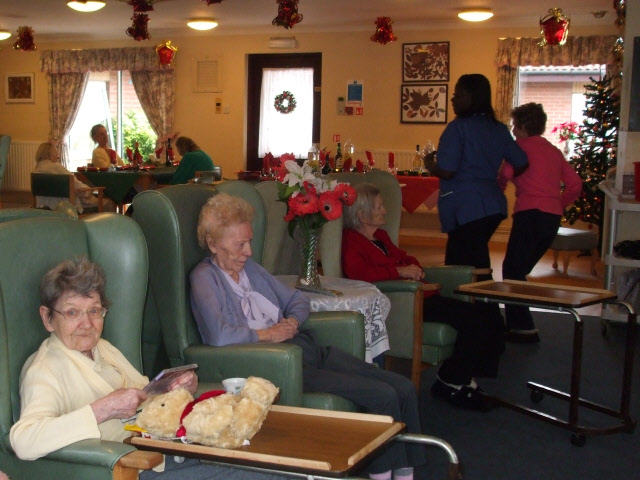According to the Orange County Register, local officials believe that a 28-year-old Riverside resident named David Moreno may have assaulted numerous victims while working as a maintenance worker at Emeritus Senior Living in Yorba Linda. Officials are asking if anyone has information regarding the matter, to please contact the Orange County District Attorney’s Office.
Moreno is already facing a felony sexual battery on an institutional victim charge and a felony sexual penetration by a foreign object of an incompetent victim charge. These acts allegedly occurred in June or July of 2012 when Moreno went into the room of a resident suffering from dementia.
Moreno plead guilty and is free on a $100,000 bail.
 California Nursing Home Abuse Lawyer Blog
California Nursing Home Abuse Lawyer Blog




 Duty
Duty






